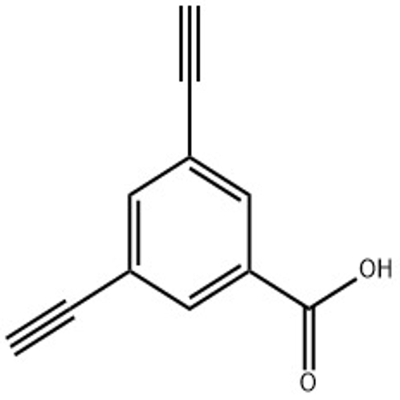-
Categories
-
Pharmaceutical Intermediates
-
Active Pharmaceutical Ingredients
-
Food Additives
- Industrial Coatings
- Agrochemicals
- Dyes and Pigments
- Surfactant
- Flavors and Fragrances
- Chemical Reagents
- Catalyst and Auxiliary
- Natural Products
- Inorganic Chemistry
-
Organic Chemistry
-
Biochemical Engineering
- Analytical Chemistry
-
Cosmetic Ingredient
- Water Treatment Chemical
-
Pharmaceutical Intermediates
Promotion
ECHEMI Mall
Wholesale
Weekly Price
Exhibition
News
-
Trade Service
The synthesis of 2,4-dichloro-5-iodopyrimidine (DCIP) is an important step in the production of various chemicals, pharmaceuticals, and agrochemicals.
This article will explore the different synthetic routes that can be used to produce DCIP in the chemical industry.
Route 1: Via Chlorination of Pyridine
One of the most common synthetic routes for DCIP is via the chlorination of pyridine.
This involves the reaction of pyridine with chlorine to form 2,4-dichlorpyrimidine, which is then iodinated to form DCIP.
This method is simple and cost-effective, making it a popular choice in the chemical industry.
Route 2: Via Nucleophilic Substitution
Another synthetic route for DCIP is via nucleophilic substitution.
This involves the substitution of the chloride ion in 2,4-dichlorpyrimidine with another nucleophile, such as iodine, to form DCIP.
This method requires the use of strong nucleophiles and is generally more complex than the chlorination of pyridine.
Route 3: Via Direct Iodination
Direct iodination is a synthetic route that involves the direct addition of iodine to pyridine to form DCIP.
This method is simple and efficient, and is often used in the production of agrochemicals and pharmaceuticals.
Route 4: Via Nitrophosphate Method
The nitrophosphate method is a more complex synthetic route for DCIP that involves the use of nitrophosphate esters and DIPEA (N,N-bis(2-chloroethyl)amine) to form DCIP.
This method is commonly used in the production of HPLC-grade DCIP and requires the use of specialized equipment and reagents.
Benefits of DCIP
DCIP is an important intermediate in the production of various chemicals, pharmaceuticals, and agrochemicals.
It is a versatile compound that can be used in a wide range of applications, such as in the production of herbicides and insecticides in agriculture, and in the synthesis of L-dopa for the treatment of Parkinson's disease in pharmaceuticals.
Conclusion
The synthetic routes for DCIP are numerous and varied, with each method offering its own advantages and disadvantages.
The choice of synthetic route will depend on the specific application and the goals of the chemical industry.
Regardless of the method used, DCIP is an important intermediate in the production of many valuable chemicals and pharmaceuticals, making it a critical component in the chemical industry.







